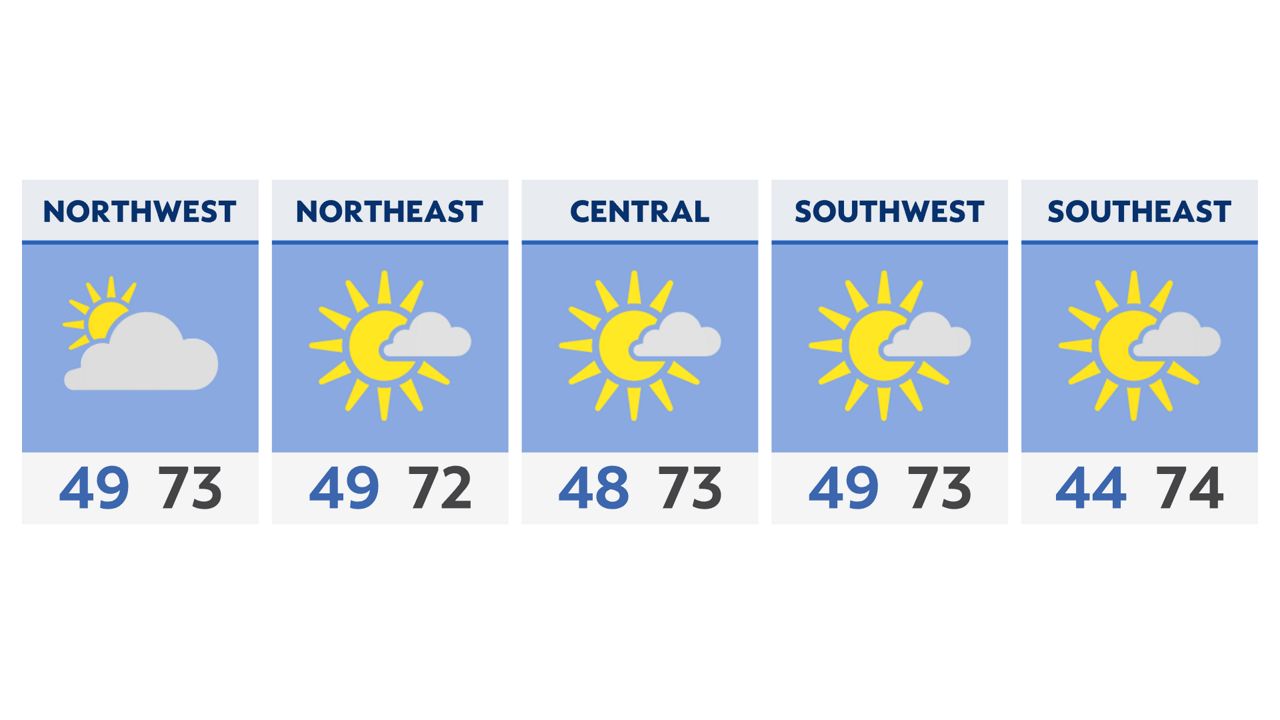Millions of Americans will soon be able to purchase hearing aids over the counter without needing a prescription or medical exam, after the Food and Drug Administration published a much-anticipated proposal on Tuesday.
The proposed rule is meant to boost access for Americans with mild to moderate hearing loss, officials said, since about 37.5 million adults report some trouble hearing but only around 20% use a device to help.
The FDA published the rule Tuesday more than four years after Congress first approved a bipartisan bill to expand access to hearing aids in an effort to reduce their cost and bolster competitiveness in the industry.
Officials predicted Friday that the new regulations will increase competition and bring down the cost of a hearing aid to the hundreds of dollars from the currently typical $2,500 or more, with some minimally covered by insurance and most not covered at all.
“New companies will be able to come in and offer lower cost options that are sold at drugstores and help drive the prices down,” said National Economic Council Deputy Director Bharat Ramamurti in an interview with Spectrum News, noting that he expects the OTC products to be sold at places like CVS and Walgreens.
“Already, you have companies like Apple talking about turning AirPods into forms of hearing aids for folks with mild to moderate hearing loss,” Ramamurti said. “You have companies like Bose, the sound system company.”
Lawmakers on both sides of the aisle cheered the proposed rule Tuesday, and it can be traced back to a bipartisan bill signed into law by President Donald Trump in 2017 — the Over-the-Counter Hearing Aid Act — which was led by Sen. Elizabeth Warren, D-Mass., and Sen. Chuck Grassley, R-Iowa.
“This is terrific news,” Sen. Warren wrote on Twitter.
“Price gouging for seniors’ [hearing] aids will now end,” Sen. Grassley tweeted.
Congress originally gave the FDA until Aug. 2020 to complete the over-the-counter rule, but the pandemic led to the agency missing that deadline. President Joe Biden then signed an executive order on competition in July that set a new deadline of Nov. 2021.
“This allows us to put hearing devices more in reach of communities that have often been left out,” said Health and Human Services Secretary Xavier Becerra on Tuesday. “Communities of color, the underserved have typically and traditionally lacked access to hearing aids.”
The proposed rule must now go through a 90-day comment period, after which the FDA will then take a few months to implement its regulations, meaning Americans could walk into a drugstore and buy an OTC hearing aid by the spring or early summer of 2022, officials said.
One key next step, health officials said Tuesday, was getting public input into the regulations they developed.
The proposed rule includes limits on OTC hearing aids, including a maximum volume, distortion control, device size and labeling requirements.
And the regulations are designed to keep counterfeit devices and those that don’t meet the criteria out of stores.
“There will be rules in place … just like there is for other products that you see in the drugstore, right? You know that the Tylenol that’s being sold in the drugstore is safe. You know that the reading glasses or the thermometer that’s being sold at the drugstore is safe,” NEC Deputy Director Ramamurti told Spectrum News.
“There are some technical issues that do have to be addressed in order to make sure that consumers don’t get confused and end up being hoodwinked,” said HHS Sec. Becerra, a former attorney general. “We’re going to have to make sure that we’re very careful in what we do,”
One criticism of the new rule is that because people with mild to moderate hearing loss won’t need a full exam to get a hearing aid, they may end up using the wrong device or never get a proper diagnosis at all.
“A reluctant consumer could be dissuaded from all hearing devices in the future. This consumer may continue for years without the help they need,” audiologist Dr. Kathryn Crane wrote online earlier this year.
FDA officials on Tuesday said they also developed guidance for people about when they should turn to a doctor, but audiologists say using an OTC hearing aid could ultimately delay care.
The agency is seeking public comment on the proposal starting Wednesday, and it will last for 90 days.




